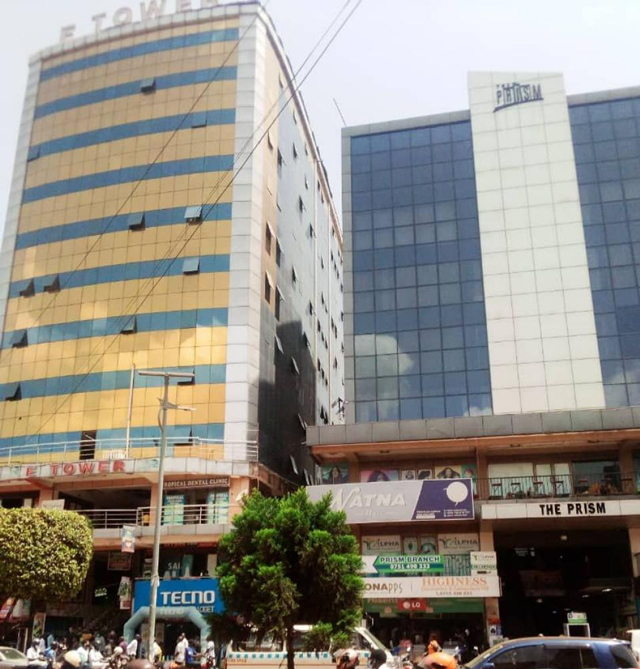
Kampala, Uganda | THE INDEPENDENT | The real estate sector lost 40 percent of their revenues in 2020 largely due to the effects of the Coronavirus (COVID-19) pandemic on the economy, as demand for the services plunged, according to property managers.
Almost all business activities were closed down by April last year, with a few like manufacturing, agriculture and health allowed to remain operational but under various restrictions.
Real estate sector leaders say that their business relies on all the sections of the industry because they get business from renting, leasing out or selling properties to workers, travelers and other business operators.
The closure of offices and shops caused most of the losses.
The second half of the year started with further easing of the economy, with salons and spas allowed to reopen, while Cinemas and gyms were opened up from mid-November amidst restrictive standard operating procedures (SOPs).
The SOPs include; curfew from 9pm to 5.30am, social distancing and reduced numbers permissible in one place at a time, among others, all aimed at controlling the spread of the disease.
“The impact of these measures on retail as a whole, is that trade in Uganda is still under severe pressure, and is further impacted by lack of consumer spending on the back of a slowdown in the economy,” says a report by property consultant Knight Frank.
The report titled; the 2nd Half 2020 Kampala Market Performance Review and 1st Half 2021 Outlook says that on average, there has been a significant improvement in space being taken up, as demand for formal retail grows again.
According to the report, the supply of residential apartment units, as well as office space vacancy increase by 6% between July and December.
As the landlords were seeking the much-needed revenues from the tenants who were hit by months of closure, much of the period was spent negotiating a common position on the due rent.
However, many property owners decided to take a firm stance on the rent arrears, locking up the premises, forcing the tenants to abandon them. Many have remained unoccupied despite being put up on the market.
Knight Frank Uganda Managing Director, Judy Rugasira says much as the property owners were legally entitled to the money, it was only prudent that they either waive or reduce on the rent, or give any other concessions. By this, more space would be occupied by now, according to her.
But the report also notes that the real estate sector was already suffering even before the pandemic, with new buildings finding hard to get tenants. It is common to find upper floors of high-rise building in Kampala unoccupied, or being used for activities not planned for, mainly due to the lifestyles of the residents.
One of the effects of the fall in demand has been for more businesses previously accustomed to low-end downtown rentals, moving to more comfortable premises where the difference in costs is almost negligible. This has also led to an increase in vacant rooms in the lower end downtown premises, according to Rugasira.
On the future of the real estate sector, the Head of Retail at Knight Frank, Marc Du Toit says, the sector’s growth will largely depend on the environment, especially how well it will manage to attract both local and foreign investments.
He says the curfew if a big setback for the sector because unlike in most countries in the region, traditionally, a lot of business activities go on into the night in Uganda.
But Toit also hails the decision President Yoweri Museveni to reject the Landlord/Tenant Bill, saying it was not supportive of the growth of the sector, both tenants and landlords, as it benefited short-term investors.
He says the laws should allow investors to repatriate profits so as to attract more foreign investors.
The company also tells property owners to plan for changes like where tenants will be demanding for smaller spaces, human-health friendly facilities, and provisions for those who might not be able to work for a full week for example.
It is also expected that rent will not go down again as months go by.
The MD, Rugasira is also worried of the kind of politics in the country, saying that some developers and tenants are opting for suburbs instead of the city center which is increasingly experiencing violent protests.
********
URN
 The Independent Uganda: You get the Truth we Pay the Price
The Independent Uganda: You get the Truth we Pay the Price




Wonderful story, amazing information, wonderful articles.
Everything is out of the ordinary from you, and it aspire to be
juust like you sir. Thank you very much nonetheless.Kincir86 login